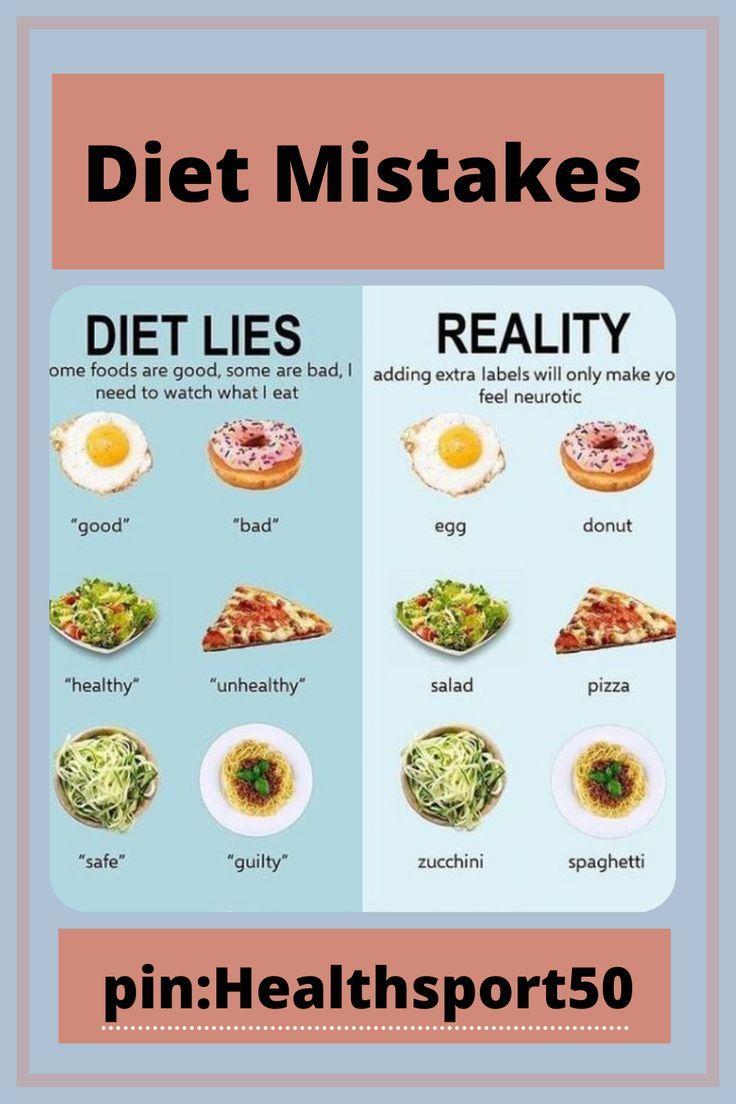Building muscle is a transformative journey that requires dedication, consistency, and a well-rounded approach. While many fitness enthusiasts focus on rigorous training regimes, nutrition plays an equally critical role in achieving optimal muscle growth. However, navigating the complexities of diet can be daunting, often leading to common pitfalls that can impede progress. In this guide, we will confidently explore the most prevalent diet mistakes that hinder muscle development and provide clear, actionable strategies to avoid them. By understanding these missteps and implementing our expert recommendations, you can fuel your body more effectively, maximize your workouts, and achieve the muscle gains you desire.
Optimize Your Protein Intake for Maximum Muscle Gain
For those aiming to build muscle efficiently, ensuring your diet supports this goal is crucial. Start by determining your daily protein requirements, which typically range from 1.6 to 2.2 grams per kilogram of body weight. It’s essential to spread this intake throughout the day to optimize muscle protein synthesis. Consider incorporating the following strategies:
- Diversify Your Protein Sources: Incorporate a mix of animal and plant-based proteins such as chicken, fish, beans, and lentils to ensure a complete amino acid profile.
- Prioritize Protein Timing: Consume protein-rich meals or snacks every 3-4 hours to maintain a positive protein balance.
- Leverage Post-Workout Nutrition: Aim for a protein intake of 20-30 grams immediately after workouts to kickstart muscle repair and growth.
By avoiding common pitfalls such as insufficient protein intake or poor meal timing, you can significantly enhance your muscle-building efforts. Remember, consistency is key, so make protein optimization a regular part of your nutrition strategy.

Prioritize Nutrient Timing to Fuel Muscle Recovery
Optimizing the timing of your nutrient intake is crucial for enhancing muscle recovery and growth. Post-workout, your muscles are like sponges, ready to absorb nutrients that can aid in repair and growth. Within 30 minutes to 2 hours after your workout, focus on consuming a mix of protein and carbohydrates. This combination not only helps in replenishing glycogen stores but also kickstarts the muscle protein synthesis process. Avoiding this window could mean missing out on critical recovery opportunities, ultimately stalling your progress.
- Protein: Aim for around 20-30 grams of high-quality protein. Think lean meats, dairy, or plant-based options like tofu or legumes.
- Carbohydrates: Include 40-60 grams of carbohydrates to help restore energy levels. Opt for sources like whole grains, fruits, or sweet potatoes.
- Hydration: Don’t forget to rehydrate. Water or an electrolyte-rich drink can assist in recovery and reduce muscle soreness.
By aligning your nutrient intake with your workout schedule, you maximize your body’s natural recovery processes, paving the way for consistent muscle growth. Ensure you’re not just eating the right foods, but at the right times to truly fuel your fitness journey.
Choose the Right Carbohydrates for Sustained Energy
Understanding the role of carbohydrates is crucial for those aiming to maximize muscle growth and maintain high energy levels throughout the day. Opt for complex carbohydrates such as whole grains, legumes, and starchy vegetables, as these are digested slowly, providing a steady release of energy. Unlike simple sugars, which can lead to energy crashes, complex carbs support endurance and aid in consistent performance during workouts.
To incorporate the right carbs into your diet, consider the following options:
- Oats: A versatile breakfast staple that can be mixed with fruits and nuts for added nutrients.
- Quinoa: A protein-rich grain that complements meals perfectly, providing both energy and essential amino acids.
- Sweet Potatoes: Packed with vitamins and minerals, they are excellent for a pre-workout meal.
- Brown Rice: A fiber-rich side dish that keeps you full and energized for longer periods.
By prioritizing these energy-sustaining foods, you set the foundation for enhanced muscle growth and improved overall health. Adjust your meal plan to ensure these powerhouse carbs are consistently part of your diet, fueling your fitness journey effectively.
Avoid Common Hydration Pitfalls to Enhance Performance
Proper hydration is crucial for muscle growth, yet many athletes fall into traps that undermine their performance. To ensure your hydration strategy supports your fitness goals, consider these key points:
- Don’t wait until you’re thirsty: Thirst is a late indicator of dehydration. Drink water consistently throughout the day, aiming for at least 8-10 cups daily, and increase this intake during intense workouts.
- Avoid overhydration: Consuming excessive water can lead to hyponatremia, diluting your body’s sodium levels. Balance water intake with electrolytes, especially if your training sessions are long or particularly sweaty.
- Monitor your urine color: A pale yellow color indicates good hydration. Darker urine suggests dehydration, while completely clear urine may signal overhydration.
Integrating these practices into your routine can help optimize muscle growth by ensuring your body is well-hydrated and primed for performance. Stay vigilant and listen to your body’s needs to avoid these common pitfalls.




